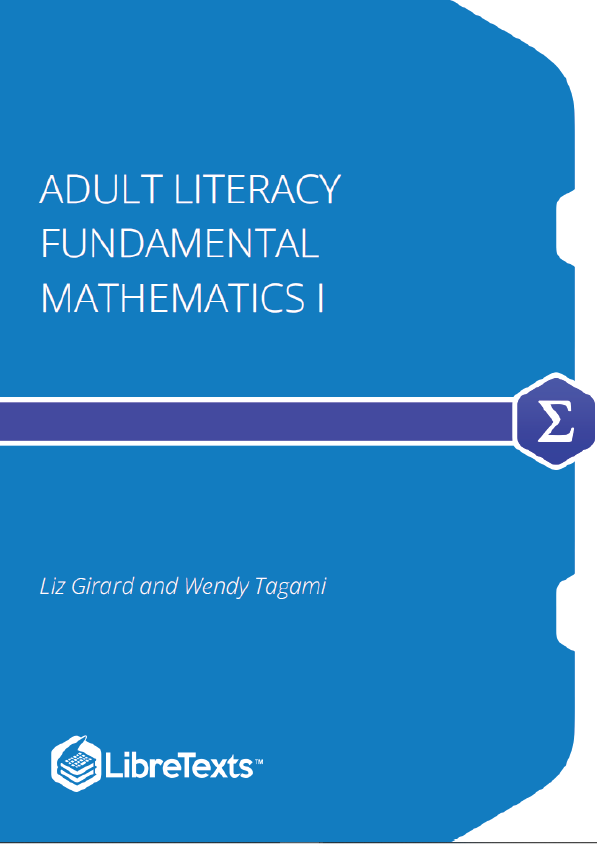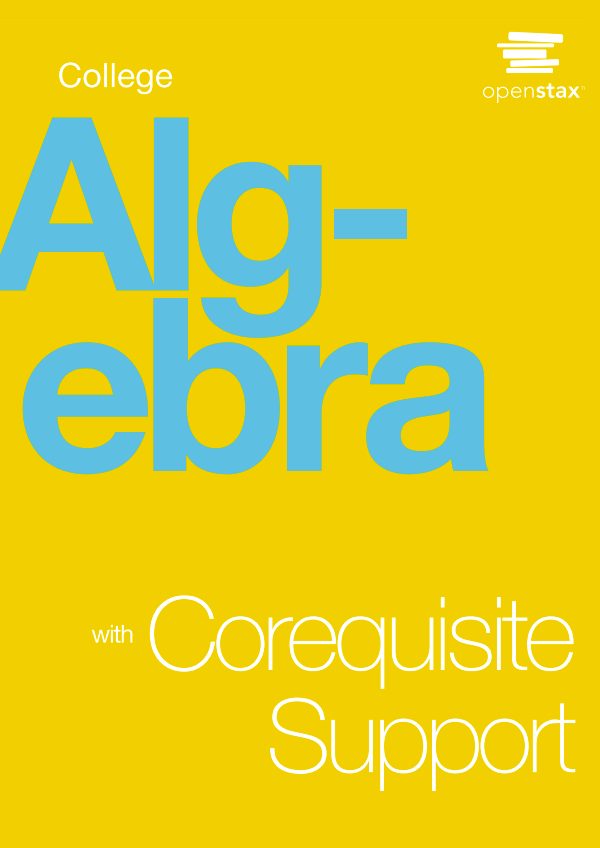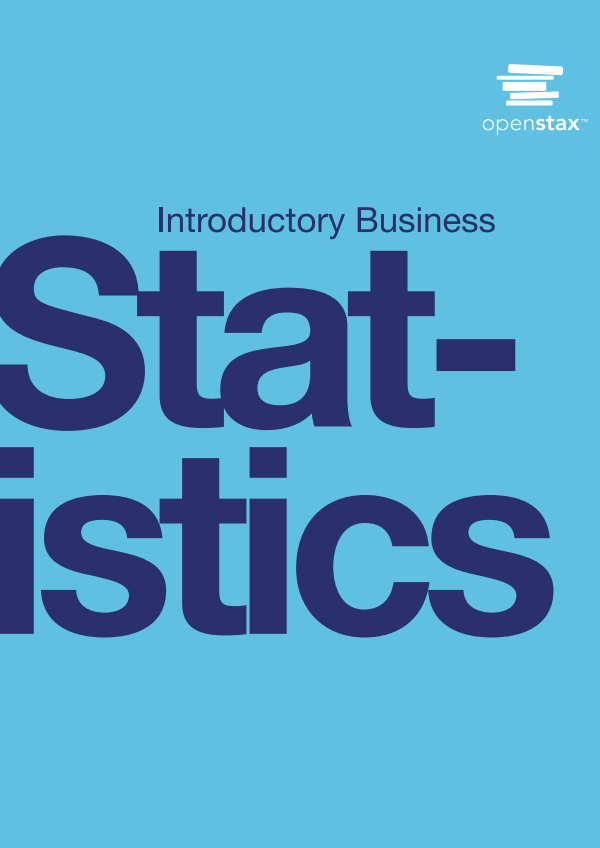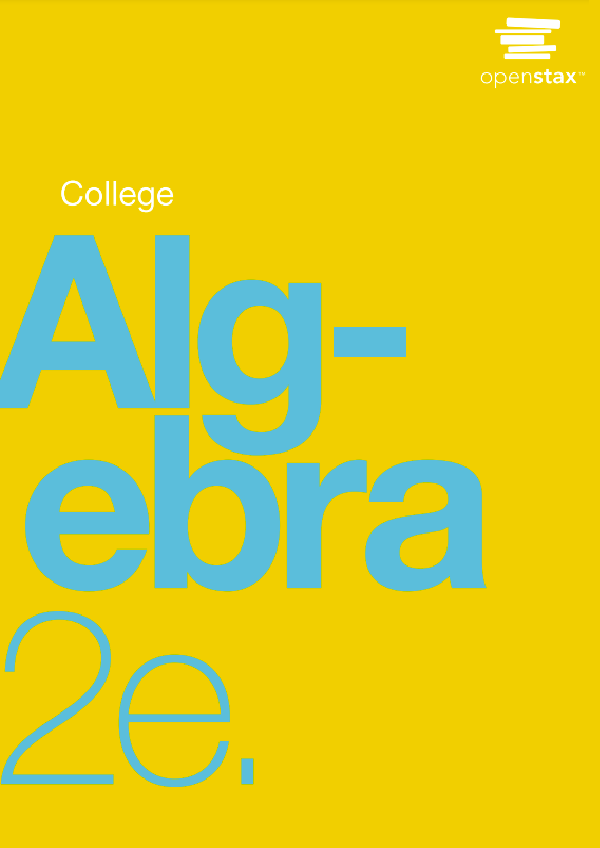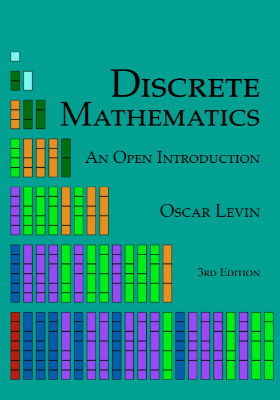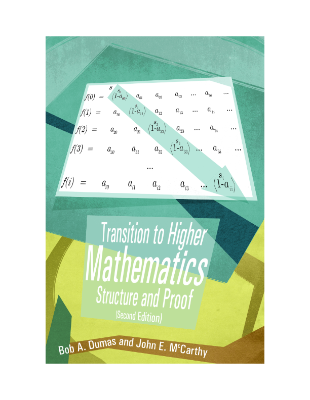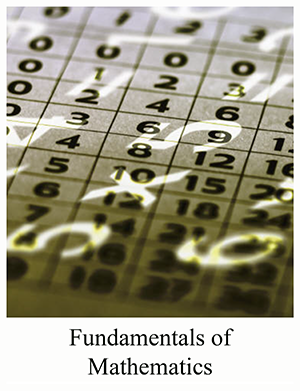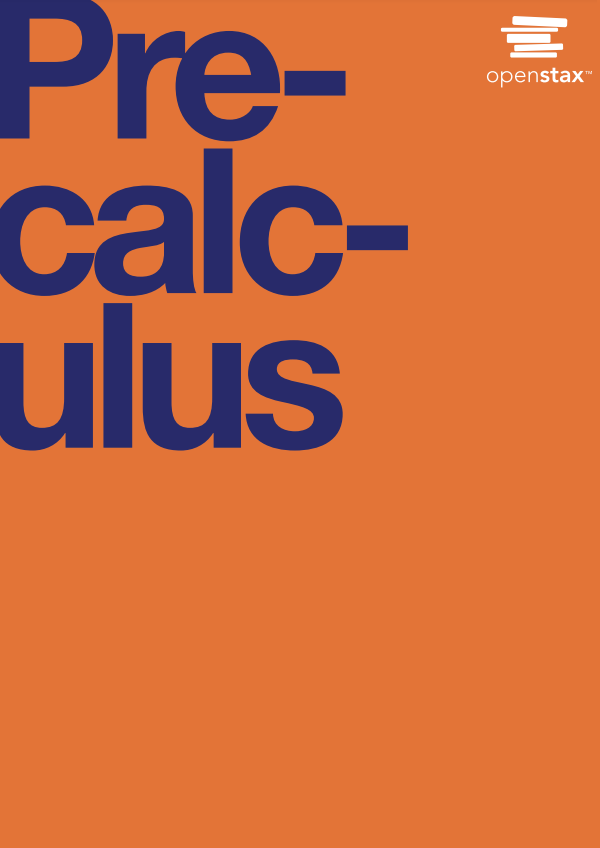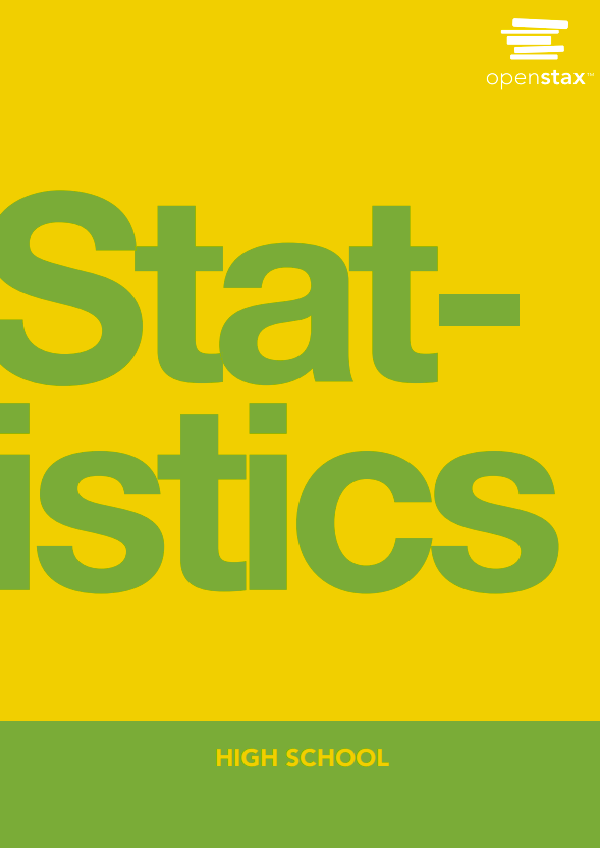This is book one in a six-book series on fundamental mathematics for adult learners. These books include glossaries, self tests, practice requests, grades records, and unit tests. Ancillary Resources include the Instructor’s Manual. Topics in this book include: number and number operations, patterns, functions and relations, real life applications, geometry, and time. These books align with the learning outcomes for Adult Fundamental Math as outlined in the BC ABE Articulation Handbook.
Topic A- Emotions and Learning
Topic A: Emotions and Learning Emotions, or what we feel about something, play a big part in how we learn. If we are calm, we learn well. If we are afraid or stressed, we do not learn as well. Many people are afraid of math. They fear making a mistake. “Math anxiety” is the fear of math.
People who suffer from math anxiety may get headaches, sick stomachs, cold hands, or they may just sweat a lot or just feel scared.
Do You Suffer from Math Anxiety?
Read the list below and put a check mark beside the ones you feel.
- Are your palms moist?
- Is your stomach fluttering?
- Do you feel like you can’t think clearly?
- Do you feel like you would rather do anything else than learn math?
- Are you breathing faster than normal? Is your heart pounding?
- Do you feel cold?
Add any other feelings.
Math Anxiety
“Math anxiety,” or the fear of math, is a learned habit. If it is learned, it can be unlearned. Most math anxiety comes from bad memories while learning math. It may be from doing badly on a test or asking a question then being made fun of. These bad memories can make learning math hard.
Everyone can learn math. There is no special talent for math. There are some people who are better at math than others, but even these people had to learn to be good at math.
